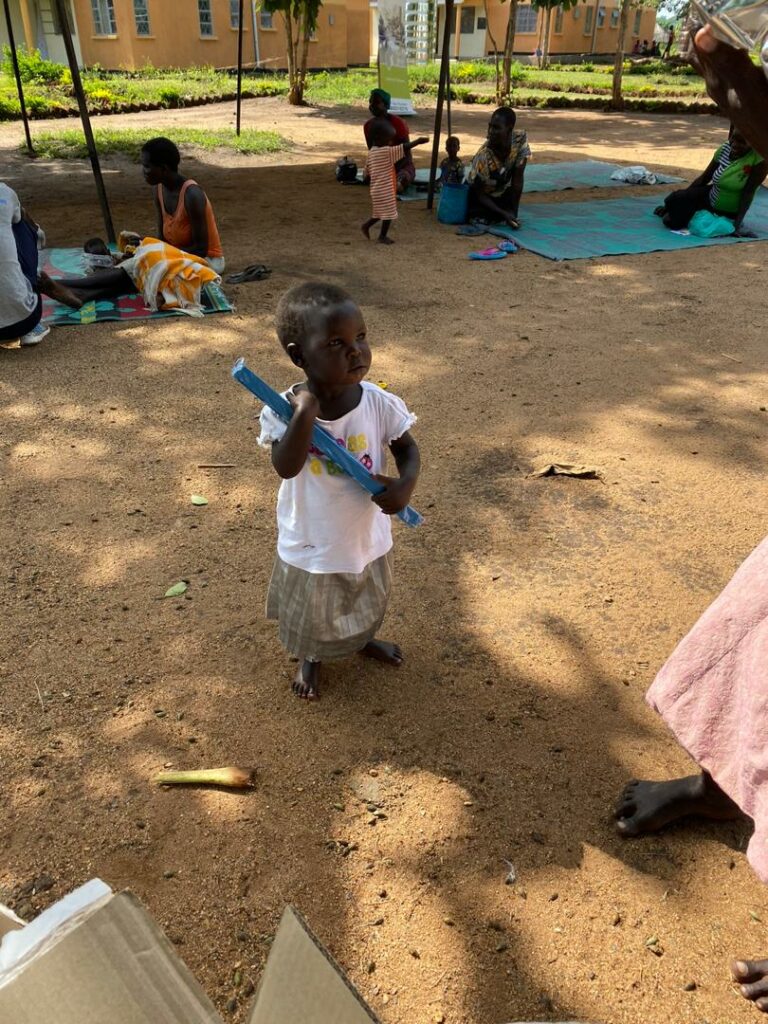When CRED responded to the request from ILA for funds to purchase sanitation products during the Covid lockdown period, no-one had a full realisation of quite how broad the impact of that soap would be.
The plan was to use the distribution of the soap, plus face masks and hand sanitiser, as a way to support the South Sudanese refugees who are now living in the Lamwo region of Northern Uganda.
And that is what ILA did. They went to the local medical centre to carry out the distribution activities and the reason for choosing that location is that it is where the most vulnerable members of the community would be found, who therefore are those who most need support.
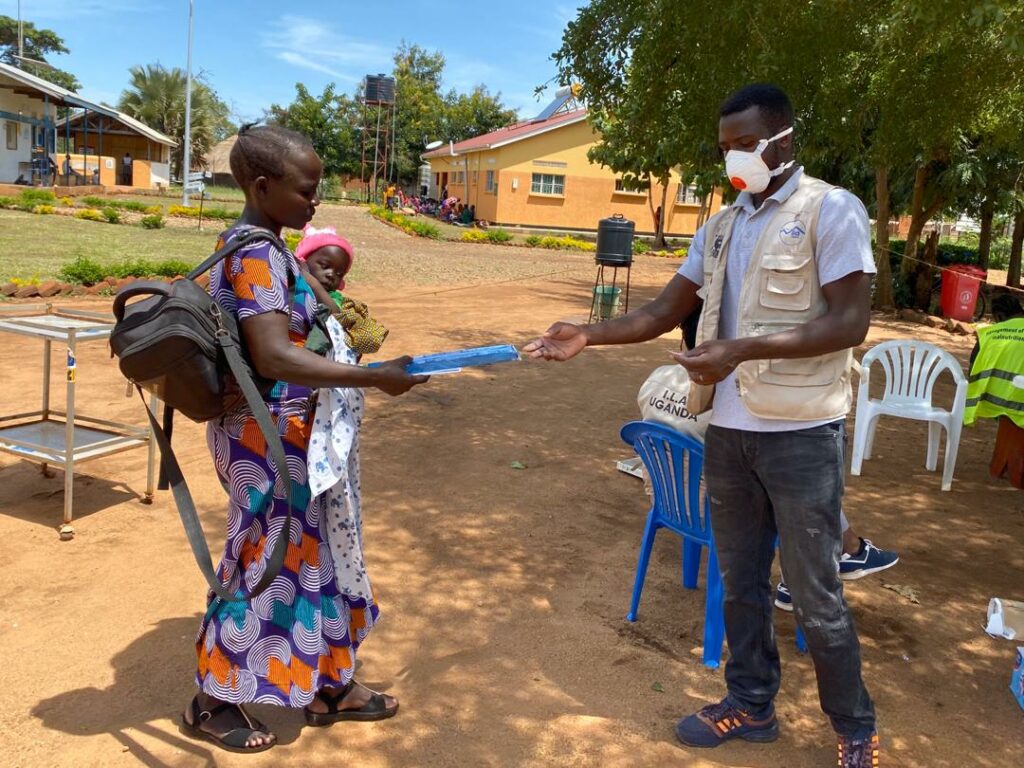
In all, they distributed 2726 bars of soap to 2707 clients (early on a few people got two bars, but they quickly switched to one bar, to enable reaching more people). Of those, 582 recipients were pregnant women, 1443 were mothers of breastfeeding babies, and 682 recipients were undernourished children. All vulnerable client groups, and all very much in need of assistance to keep themselves safe from infection and potential illness, but when you consider that all of them were also linked to wider families, it becomes clear that the number reached indirectly will far exceed the 5000 mark.
So the bars of soap in themselves were a massive plus, but the wider impacts of the distribution activity were wonderful to see.
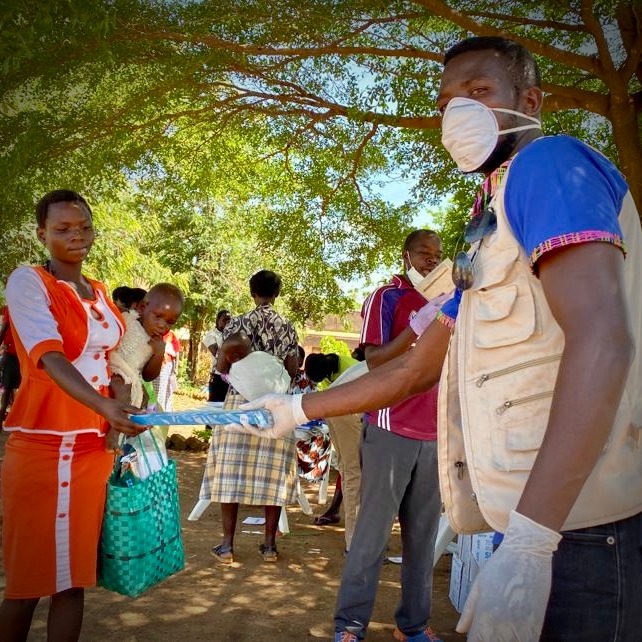
When a refugee first arrives in Lamwo, having crossed the border from South Sudan, they are registered and accommodated at the refugee camp. The ‘camp’ is split up into different zones, for logistical reasons, and so all refugees living there will be linked to a particular zone. NB it is worth mentioning that there isn’t a tent in sight at the camp – but lots of semi-permanent structures that have sprung up as the refuges have gradually settled into their zonal areas.
Later, the refugees will move from the camp into settlements, that are scattered throughout the area on pieces of land donated by the Ugandan government. These settlements result in the refugees living alongside the local community, and whilst this is approved of at a national level, it can cause some tension and mistrust at a local level.
Through doing the distribution at a neutral medical centre, which serves all the different refugee zones, refugees settlements, and local communities, ILA were able to give out the soaps, sanitiser and masks on a needs-basis, as opposed to a zone-by-zone basis, or a camp v settlement basis, or a refugees v locals basis.
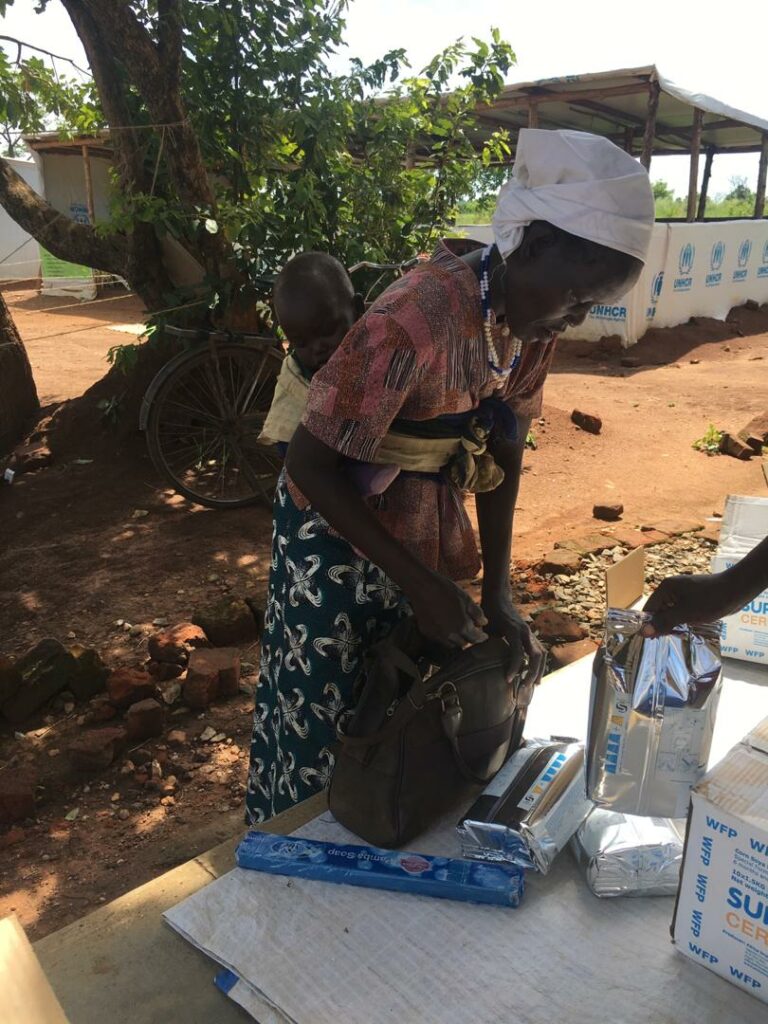
This meant that whilst 1949 refugees from across the camp and settlements received soaps, there were also 758 members of the host community who benefited. In so doing, the host community started to recognise the benefit of having the refugee settlements within their midst, and ILA staff reported that they could see a reduction in the stigma of refugees amongst the local community. Relationships have continued to build between the two groups since the time of the distribution, and local tensions are lower than they were.
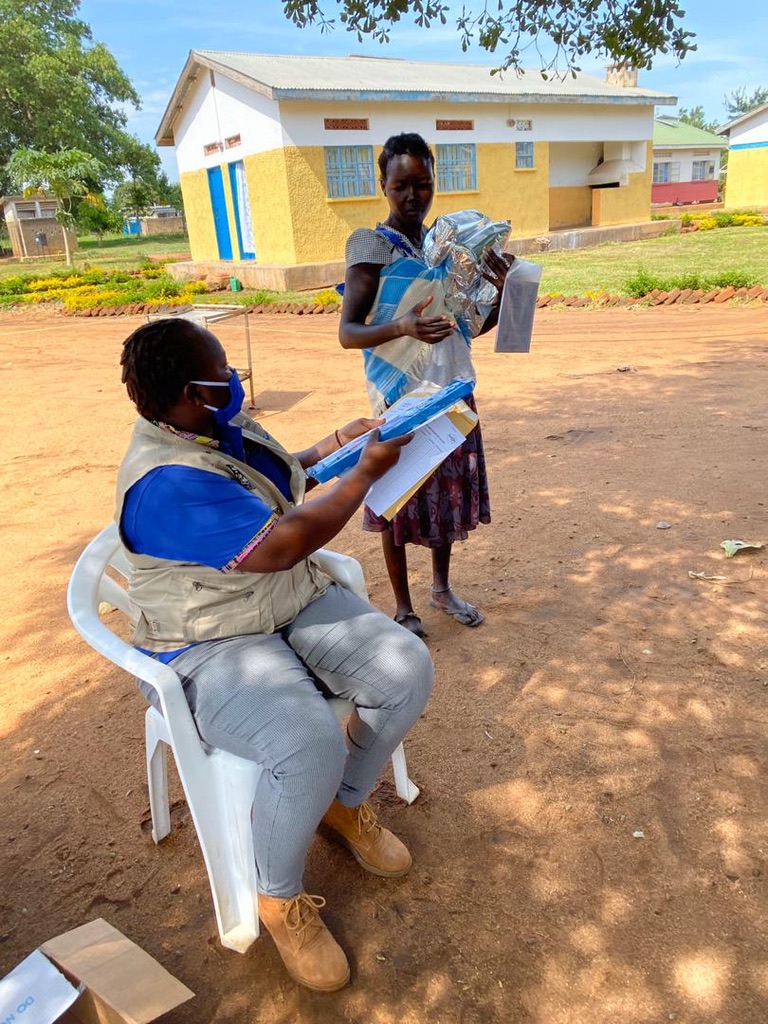
For ILA, the soap distribution also allowed an opening for ILA staff to raise awareness about their trauma counselling services, and this has led to an increased number of people coming forward for counselling (which is free at the point of delivery), and taking their next steps on the road to healing and wholeness.
And the other thing that ILA staff report is that the hand-washing didn’t stop when the bar of soap ran out. Instead, the recipients were so impressed by the reduction in illness and the increase in health as a result of hand-washing, that the families continued sourcing soap so as to be able to keep on the good practice.
This is a beautiful example of how an item as simple as a bar of soap can have far-reaching benefits, and a reminder that we should never underestimate the positive impact that little gestures can have.
